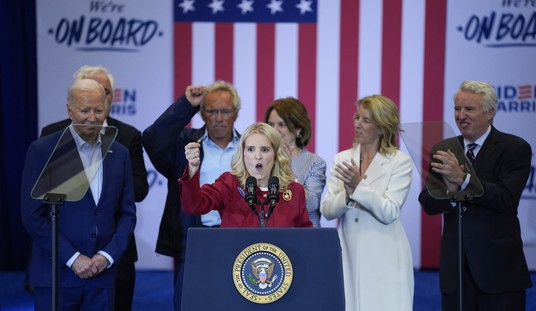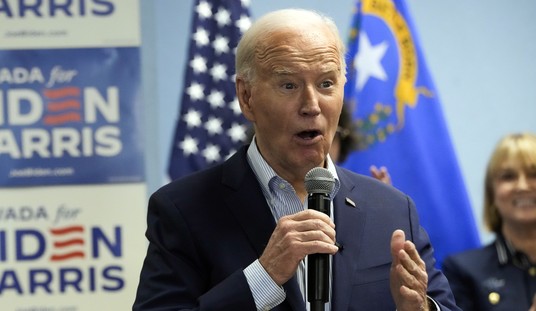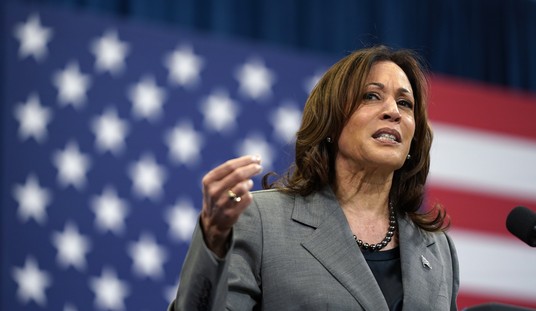Rep. William Cassidy (R-LA) common-sense approach to increasing the role of natural gas as a vehicle fuel, without the grandiose involvement of the Federal government. Unlike the Pickens Plan, this plan does not rely on massive government subsidies or direct payments for vehicle conversion. Instead, it would change the definition of “independent producer” in the tax code, to get around their current prohibition from making retail sales exceeding $5 million per year.
Full text at www.thehayride.com. Originally published in the Shreveport Times.
The recent natural gas boom in the United States has been so wide-spread and profound that it has dropped natural gas prices to historical lows. These prices are so low that producers have begun to scale back operations as extraction has almost become uneconomical. We should be focused on exploring new commercial markets for natural gas to take advantage of such a low-cost energy source. Because technology and supply is currently available to sell the natural gas equivalent for about $1.50 a gallon compared with the current price of gasoline, it would seem natural for consumers to begin making the switch to compressed natural gas CNG (Compressed Natural Gas) vehicles.
So if the technology is already available and we have at least a 100-year supply of natural gas right here in America, why aren’t we all driving CNG cars?
Unfortunately, the main obstacle is a lack of natural gas fuel infrastructure in our country. Currently in the United States, there are only 449 CNG fueling stations accessible to the public, which is dwarfed by the more than 157,000 gasoline stations.
There are a number of proposals to spur natural gas infrastructure development in Washington. Not surprisingly, when it comes to Congress, the most talked about option involves subsidies for both natural gas vehicles and for the actual CNG fuel itself. While we should be using all of our available natural resources to aid in lowering the costs of transportation, the reality is that our country has neither the money to subsidize development nor the expertise to pick winners and losers in the energy and transportation sectors.
As opposed to subsidies, I believe that a simple change to our tax code would help those companies that develop natural gas look at domestic retail infrastructure development as a serious option. For background purposes, it is important to understand the differences between independent and major oil and gas producers. Under our tax code, independent producers of oil and gas, such as Apache and Chesapeake, are different from major oil and gas companies, such as ExxonMobil or Shell, as independents are limited to $5 million in revenue from retail sales. Whether intentional or not, this antiquated provision is keeping companies that from investing in CNG fueling stations all over the country.
I have drafted legislation, H.R. 1712, that will help remove these unnecessary tax barriers. It begins by recognizing that independent producers are the companies principally involved in new natural gas discoveries, and who have the most financial incentive to find new markets for natural gas. The creation of a new market for natural gas — as well as a new income stream for independent producers — would almost undoubtedly incentivize these companies to invest in the infrastructure needed to deliver CNG through retail operations.
Cassidy is a medical doctor by training and a potential 2014 opponent for Mary Landrieu.
Cross-posted at Stevemaley.com.













Join the conversation as a VIP Member